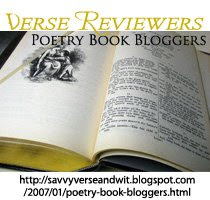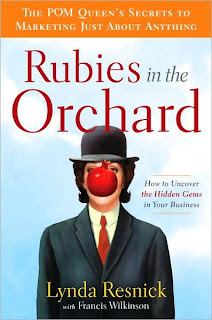
Here’s what I got in my mailbox, while I was out of town for a memorial service, which was beautifully done. I’m back now, and hope to get into the swing of things again and resume commenting on a regular basis.
Some of these were surprises.
1. B as in Beauty by Alberto Ferreras
2. Hungry Woman in Paris by Josefina Lopez
3. Houston, We Have a Problema by Gwendolyn Zepeda
4. The Disappearance of Irene Dos Santos by Margaret Mascarenhas
5. Into the Beautiful North by Luis Alberto Urrea
6. The Widow’s Season by Laura Brodie from the author for review in October.
7. The Fixer Upper by Mary Kay Andrews
What arrived in your mailbox this week?
Don’t forget my giveaway for Rubies in the Orchard by Lynda Resnick. Deadline is July 24.
 Don’t forget about the Verse Reviewers link I’m creating here on
Don’t forget about the Verse Reviewers link I’m creating here on 



 James Patterson and Michael Ledwidge’s
James Patterson and Michael Ledwidge’s 





